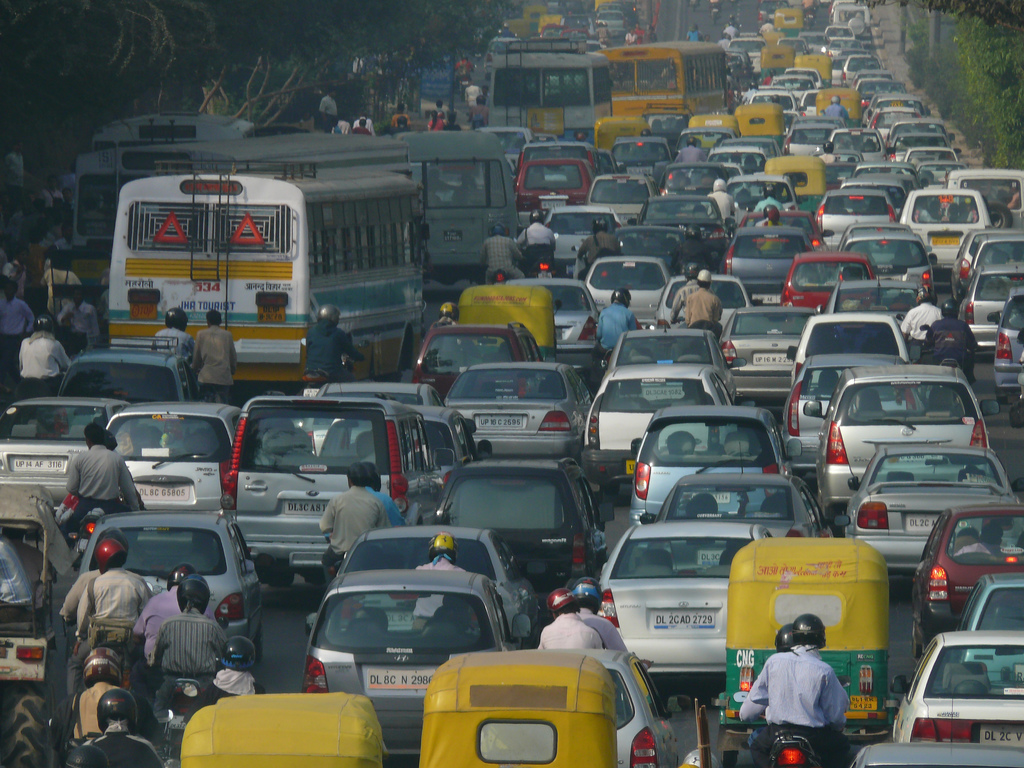Fires, floods, rising temperatures and rising seas: If you’re looking at climate headlines, it may seem like there’s not much good news. But there is, and the good news is … the news itself.
Fires, floods, rising temperatures and rising seas: If you’re looking at climate headlines, it may seem like there’s not much good news. But there is, and the good news is … the news itself.
A research team led by Lucy McAllister at the Technical University of Munich reviewed 4,856 newspaper articles published between 2005 and 2019, and found that 90 percent of the sample accurately reflected climate change and the science that supports it.
The stories came from 17 different media outlets in the United Kingdom, Australia, New Zealand, Canada and the United States. They were coded across five categories for their content, depending on how the stories presented the ongoing climate change issues and whether they included voices of denial as part of the effort to deliver “balanced” reporting.
“We live in embattled times regarding media reporting on climate change,” said the authors, including McAllister’s colleagues at the University of Colorado at Boulder and across North America.
“In terms of frequency of reporting, media accounting of the changing climate has fluctuated in coverage and fought for attention amid other issues,” they said. “In terms of quality and content of coverage, many challenges to provide accurate and contextualized coverage have persisted.”
But accuracy isn’t one of them, and it’s greatly improved from the prior research assessments that provided a baseline for their work. The new findings were published in August in the journal Environmental Research Letters.
“Two decades ago, print media frequently gave equal credence to both legitimate climate experts and outlier climate deniers. But we found in more recent years that the media around the globe actually got it right most of the time,” McAllister said. “Nine out of ten media stories accurately reported the science on human contributions to climate change. It’s not portrayed as a two-sided debate anymore.”
That’s important because most people don’t learn about climate change by reading the academic literature. They get their information from media outlets, and all the more now as people around the globe become aware of the consequences and the magnitude of the challenges.
“Accurate reporting in these print outlets vastly outweighed inaccurate reporting, but this is not a cause for complacency,” said Max Boykoff, director of the Environmental Studies program at the University of Colorado Boulder, and one of the authors of previous work on climate in the media.
“The terrain of climate debates has largely shifted in recent years away from mere denial of human contributions to climate change to a more subtle and ongoing undermining of support for specific policies meant to substantially address climate change,” Boykoff added.
There are still inconsistencies and the misguided effort to provide “balance” by giving voice to climate denial. That’s especially true at conservative newspapers in Australia, the UK and Canada. And the authors say more research is needed into other kinds of media, and other elements of news content beyond its presence.
Nor does accurate media necessarily change how people think.
“Achieving consistently accurate media coverage is still not a silver-bullet solution to spark collective action,” Boykoff said. “Our work helps provide insights on how the media are portraying human contributions to climate change, yet more clearly must be done.”
This story first appeared on Sustainability Times
South Africa Today
© 2021 Sustainability Times.
This article is licensed under a Creative Commons Attribution-ShareAlike 4.0 SA International License.












